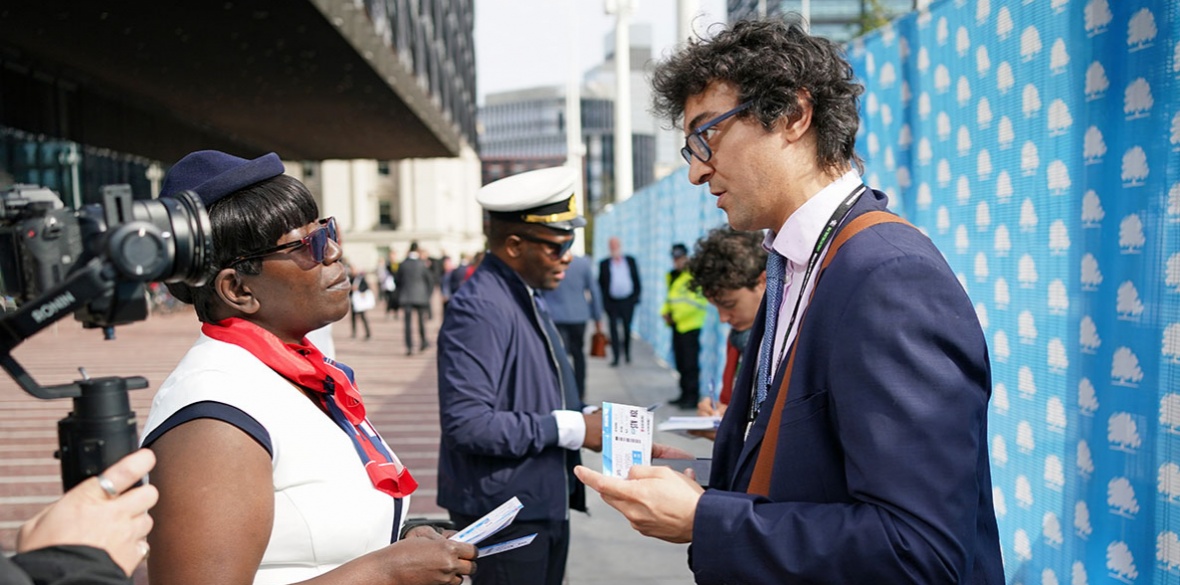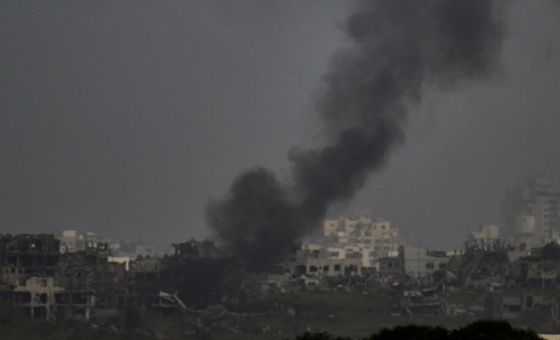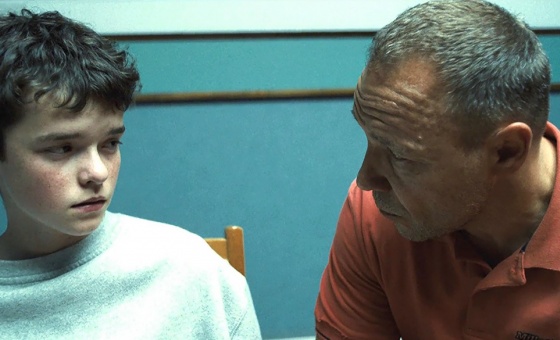This is the last article you can read this month
You can read more article this month
You can read more articles this month
Sorry your limit is up for this month
Reset on:
Please help support the Morning Star by subscribing here
TODAY marks International Human Rights Day. How does the British government wish to mark it?
By waging a campaign to withdraw from the European Court of Human Rights and the European Convention of Human Rights. This campaign has been frothing on the front bench for years, but it really gathered momentum after an interim judgement from the ECHR prevented an unnamed asylum-seeker from being removed to Rwanda.
Those who opposed this interim judgement complained that the asylum seekers were “illegal”. Let me be absolutely clear: there is no such thing as an illegal asylum-seeker.
The legal right to seek asylum is set out in international law and in UK law. These are desperate people trying to get to a place of safety. We should bring them to a place of safety and look after them after that — let them contribute to our society.
Fewer than 20 per cent of those who die in the Mediterranean or other seas around Europe are ever identified.
That is life for some people. They live in poverty, under oppression, seek asylum somewhere else and die, unnamed in an ocean, while trying to get to a place of safety.
On International Human Rights Day, of all days, can we not have a sense of humanity in our approach towards these people and the desperate situation in which they are forced to live at the present time?
Displacement is fast becoming a heartbreaking norm of the geopolitical picture.
We have seen millions of people seek refuge following Russia’s appalling invasion of Ukraine. Refugees are African, too. The continent of Africa is often omitted from the discussion, yet the reality of war, for example in the Congo, leads to huge displacements of people.
The British government is choosing to ignore not only the ever-present reality of displacement, but the role this country has played in triggering it.
In Afghanistan, for example, 21 years of war has left behind chaos, desperate poverty and hunger. We can do a lot better by the people of Afghanistan than ignoring the situation: we have responsibilities to those people and the poverty in which they have been left.
The war in Yemen, too, is largely occasioned by huge supplies of British weaponry to Saudi Arabia. The consequences of our inaction, or positive action in supplying arms to the aggressor in many cases, often lead to the problems that we are now concerned with and complaining about.
Then we have the occupations, which are always wrong in any context. They include the Israeli occupation of Palestine and the colonisation of the West Bank through the settlement policy. Again, this compels people seeking safety to go elsewhere.
It is worth noting that, earlier this week, the Al Jazeera broadcasting channel referred the case of the murder of Shireen Abu Akleh to the International Criminal Court. Shireen was shot in cold blood for no other reason than that she was filming Israeli soldiers oppressing Palestinian people.
She is one of many journalists — one of many human rights defenders — who have been injured or shot, not only in the conflict in Palestine but in many other places around the world. In that group of human rights defenders, I include the brave women of Iran too, standing up for their freedoms.
It is in this global context of human rights abuses that the British government must immediately reflect on their war against the European Court of Human Rights and European Convention of Human Rights.
If we withdraw from international conventions, then what future is there for human rights in this country?
Who are we to lecture anybody, anywhere around the world, on abuses of human rights if we have walked away from the very conventions designed to protect them in the first place?
If we walk away from the European Convention and human rights legislation, we will leave a terrible legacy for future generations.
There has been a resurgent pushback against human rights around the world. Let us not be part of it; let us go in the opposite direction.
Human rights have to be universal. They do not mean going to war with somebody. They do not mean abandoning or demonising the most vulnerable.
They mean engagement to try to achieve a more peaceful, caring and compassionate world for us all.
Jeremy Corbyn is MP for Islington North and was leader of the Labour Party from 2015-20.











